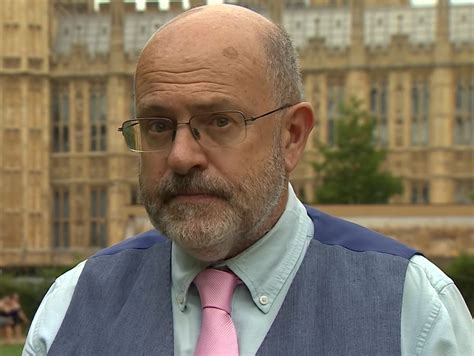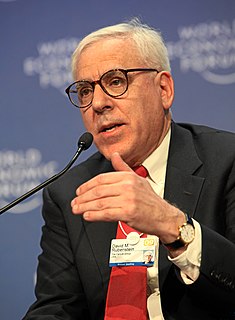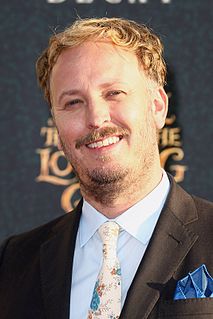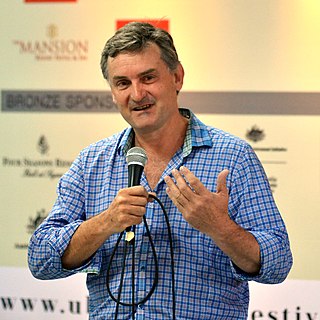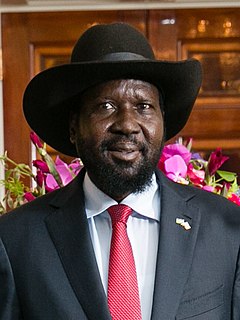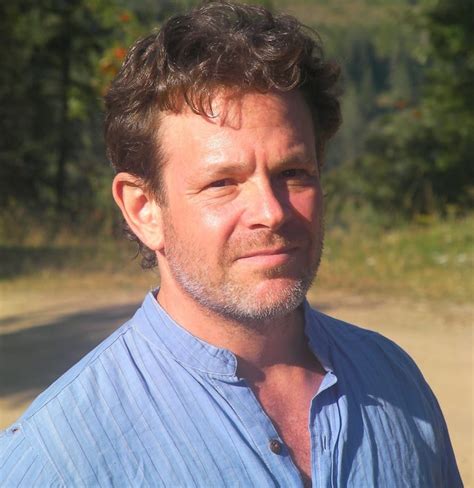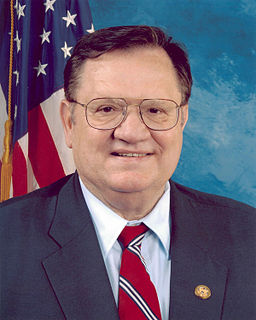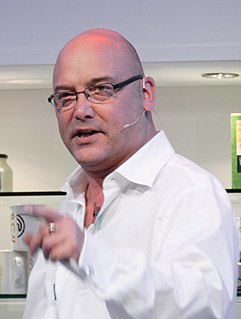Top 1200 World Economy Quotes & Sayings - Page 6
Explore popular World Economy quotes.
Last updated on December 18, 2024.
Every country in the world protects its economy except the E.U. We would restore economic sovereignty and decision-making to France. We would protect strategic industries, and we would protect vital areas such as the energy sector. But we would not cut ourselves from the world. There could still be trade.
A split between the U.S. and its traditional allies, if it becomes a permanent feature of the new global order, would lead to deeper fragmentation among the world's market-oriented democracies. That will surely shift the long-term balance of power in China's favor, as it moves steadily toward becoming the world's largest economy.
As the world's largest economy and second-largest carbon emitter, as a country with unsurpassed ability to drive innovation and scientific breakthroughs, as the country that people around the world continue to look to in times of crisis, we've got a vital role to play. We can't stand on the sidelines. We've got a unique responsibility.
Today, you have 20 percent of the world controlling 80 percent of the Gross Domestic Product; you've got a $30 trillion (US) world economy, and $24 trillion of it is in the developed countries... These inequities can't exist. So if you are talking about systemic breakdown, I think you have to look in terms of social breakdown.
The impact of QE on generating more lending by Wall Street to Main Street and in generating more employment and increasing overall investment in the economy is quite modest. QE probably limited the initial collapse of the economy in 2008, and likely had a very small positive impact on economic growth, but its broader impact on jobs and growth in the economy seems not very big.
Nuclear terrorism is still often treated as science fiction. I wish it were. But unfortunately we live in a world of excess hazardous materials and abundant technological know-how, in which some terrorists clearly state their intention to inflict catastrophic casualties. Were such an attack to occur, it would not only cause widespread death and destruction, but would stagger the world economy... [creating] a second death toll throughout the developing world.
I think the reason that the Trump economic agenda is beneficial is, he is doing the right things. He wants to see growth, he wants to see to lower taxes, he wants to see this cash pile sitting outside the US return to the US. All of these things I think will be good for the US economy, and as I've said, if the US economy grows, the global economy benefits hugely.
We have to recognize that the reason that the global order that we've enjoyed and almost take for granted over the last several years exists is that after World War II, the United States and its allies tried to build an antidote to what they had seen between World War I and World War II. There, they'd seen protectionism, beggar-thy-neighbor trading policies, so they said, we'll build an open international economy. And they did that.
There isn't a sense of well-being and optimism about the nation's future, but that hasn't attached itself to the Democrats for some reason. They are not accountable. It certainly hasn't attached itself to Obamacare. That's why Hillary Clinton can run around and talk about the need to improve the economy. She ought to be dead politically on that score right there. She ought not be able to cite the economy at all as a positive. She ought not have any credibility at all on the economy.
Much of the criticism of economic globalization has centered on factory labor abuses. But the majority of the world's poor are not employed in factories; they are self-employed - as peasant farmers, rural peddlers, urban hawkers, and small producers, usually involved in agriculture and small trade in the world's vast "informal" economy .







